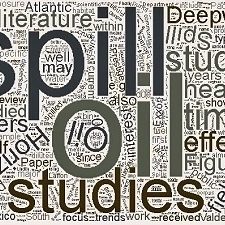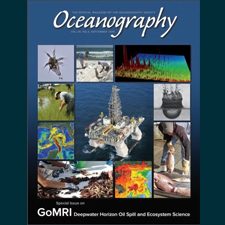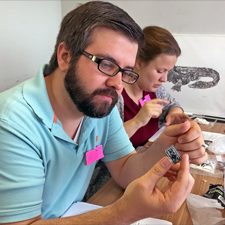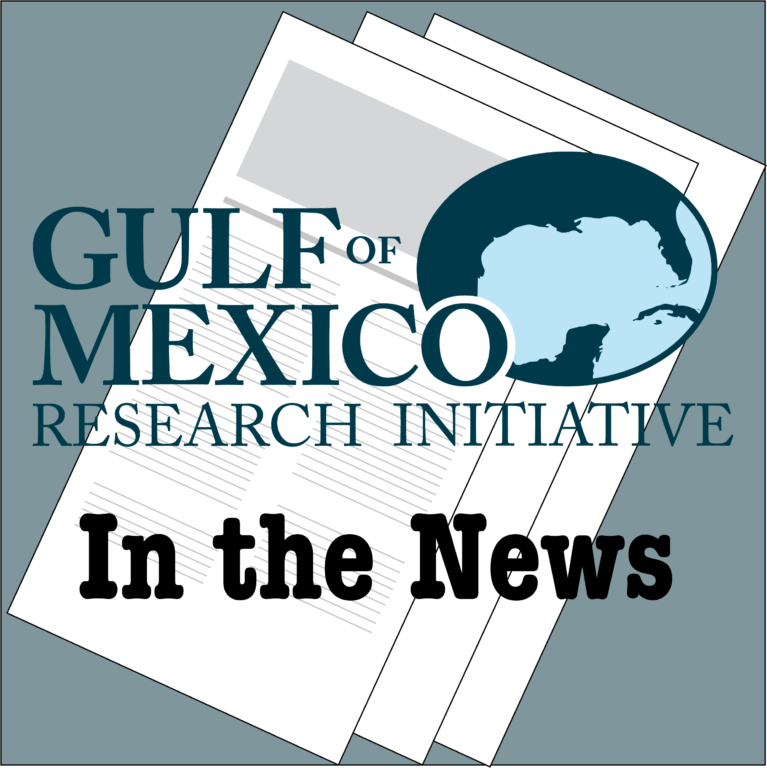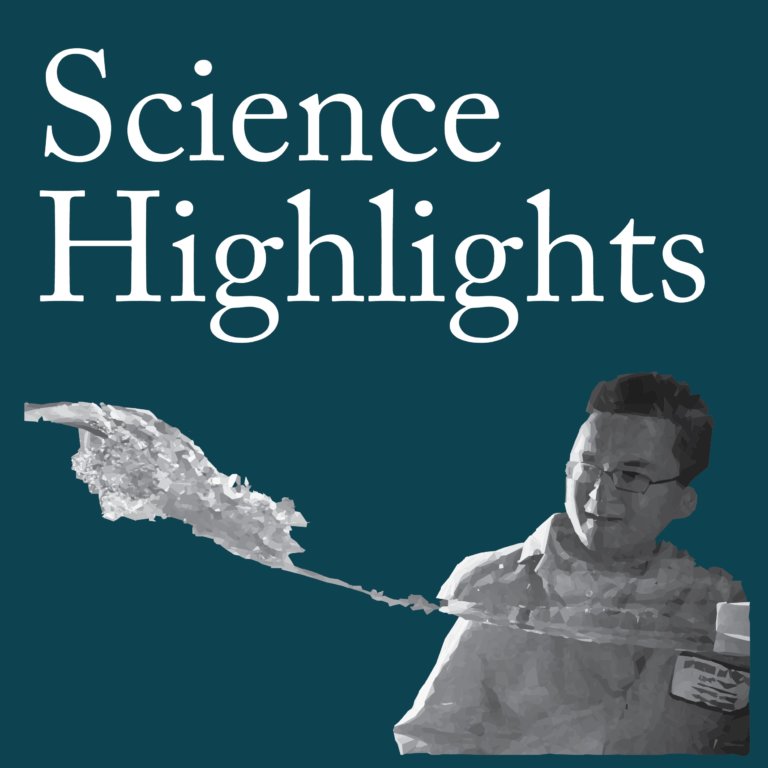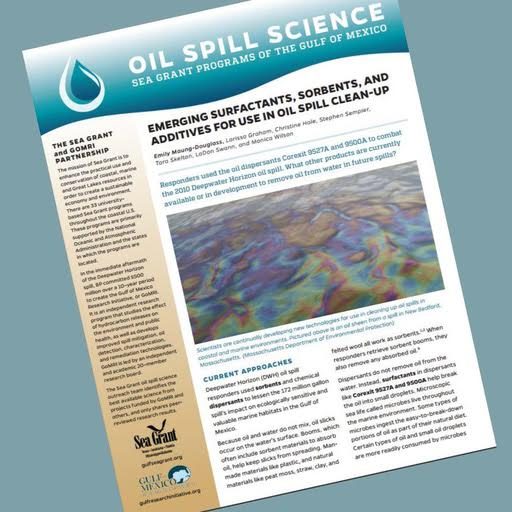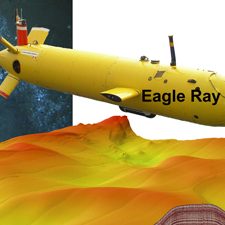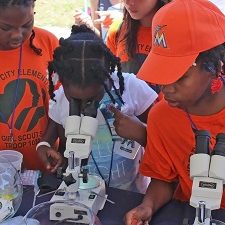Study Analyzes Trends and Gaps in Oil Spill Literature Since 1968
Researchers surveyed oil spill studies between 1968 and 2015 to characterize the field and describe changes. The team found that, despite its episodic nature, oil spill research is a rapidly expanding field with a growth rate greater than science as a whole.

